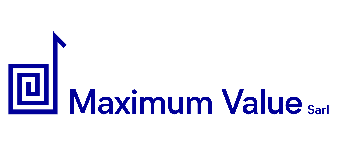Businessmen
Businessmen are required to keep documentary evidence of their revenues, expenses or assets for 10 years (excelt freelancers). Saving taxes starts with proper bookkeeping, as it is the basis for tax return calculations.
Writedowns
One of the best ways to save taxes is through writedowns on buildings, vehicles and equipment, within reason. However, anyone who invests in energy-saving measures can write down half of such investments during the first two years.
Provisions and losses
In their accounts, businessmen can also make provisions for any possible risks. Some cantons permit a 10% deduction on the total sum of outstanding invoices, but if the presumed risk does not materialize, the provision has to be re-capitalized, pushing up the company’s profits accordingly.
Business vs private affairs
In principle, you can deduct almost anything from tax as long as you can make a reasonable case for doing so. However, those who try to stretch the rules too far can expect to attract some unwelcome interest from the tax authorities and be considered as tax fraud. If a property is used both privately and for business, the main purpose of the building must be declared for fiscal reasons. Properties used for business purposes for more than half the time are regarded by the authorities as business properties (according to the so-called preponderance method).
Expenses
The new salary statement has reduced the scope for deducting expenses, and proof must now be produced for every item of expenditure. There are nevertheless a few options left, notably in the field of entertainment and fringe benefits
Losses
For federal tax purposes, commercially justified losses from three previous tax periods can be deducted. Cantons have different regulations on this point: depending on the canton, business losses from two to seven years can be deducted.
Pension fund and 3rd pillar
People running their own business are entitled to put down the employer’s share of pension fund contributions as a business expense. Contributions to fixed pension plans (3a) are always a private expense for self-employed persons too.
Employer contribution reserves may be formed when the business is performing well. These “premium reserves” are allocations to the pension fund which reduce the company’s profits and hence its tax burden. In times of difficulty, these resources can be capitalized for employer contributions.

